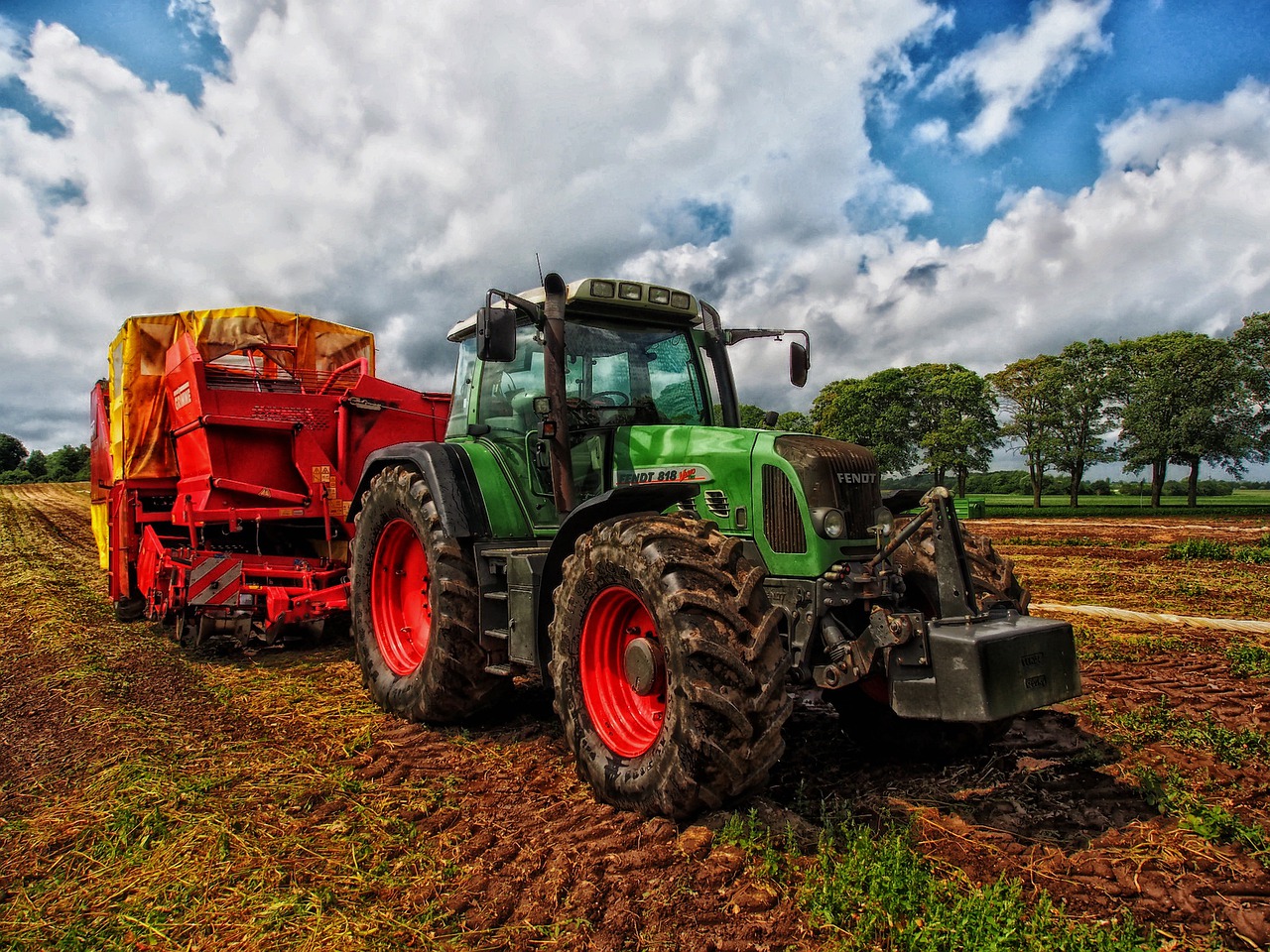The Regional Ministry of Agriculture, Fisheries and Food began training meetings on Wednesday for the primary and agri-food sectors of the Balearic Islands on the new Common Agricultural Policy (CAP) and the Rural Development Programme (RDP). The aid for the next 2023-2027 period will strongly compensate for the insularity of the island’s agricultural, livestock and agri-food sector. The councillor, Mae de la Concha, was accompanied by the director general of Agriculture, Livestock and Rural Development, Fernando Fernández. The meeting was also attended by the manager of FOGAIBA, Mateu Morro, and the director general of Food Sovereignty Policies, Aram Ortega. The meeting was attended by professional farming organisations, the Balearic Islands Agri-food Cooperatives, farming associations and the Protected Geographical Indications (PGI) and Designations of Origin (DO) of Mallorca.
TDB keeps you informed. Follow us on Facebook, Twitter and Instagram.
Councillor De la Concha explained that “we are training the trainers so that the sector can help us not to waste all that the new CAP has to offer, which will compensate for insularity and all the additional costs that farmers and livestock farmers have to bear because they live in the Balearic Islands”. The councillor stressed that “this is a historic event and that the Balearic Islands is the autonomous community that has benefited the most from the negotiations with the ministry”. “The new CAP is a fantastic tool, full of possibilities, and we have to see how to make the most of it so that farms are more profitable and also more sustainable,” she stressed.
The Common Agricultural Policy for the coming period 2023-2027 recognises the factor of insularity and will economically compensate the island’s primary sector. This is stated in the document of the National Strategic Plan for the CAP (PEPAC), which Spain presented to the European Commission, and which was approved last August.
In this way, the average value of the entitlement, i.e. what is received per hectare, will be up to 60% more than what has been received in the Balearic Islands under the current CAP. The Balearic primary sector will receive at least 50% more compared to what the mainland primary sector will receive. Menorca and Eivissa will particularly benefit, as they will receive 103% and 63% more than before, respectively. In addition, the new aid provides incentives for young people and women, the inclusion in the aid of crops that until now did not receive CAP, the improvement of aid associated with crops and the option of eco-schemes, and optional environmentally sustainable practices.
The Regional Ministry has organised a series of technical training meetings for the staff of the Regional Ministry and the FOGAIBA regional delegations, as well as for representatives of the primary sector. In the coming months, regional meetings with farmers and stockbreeders are also planned, as well as the publication of informative material.
